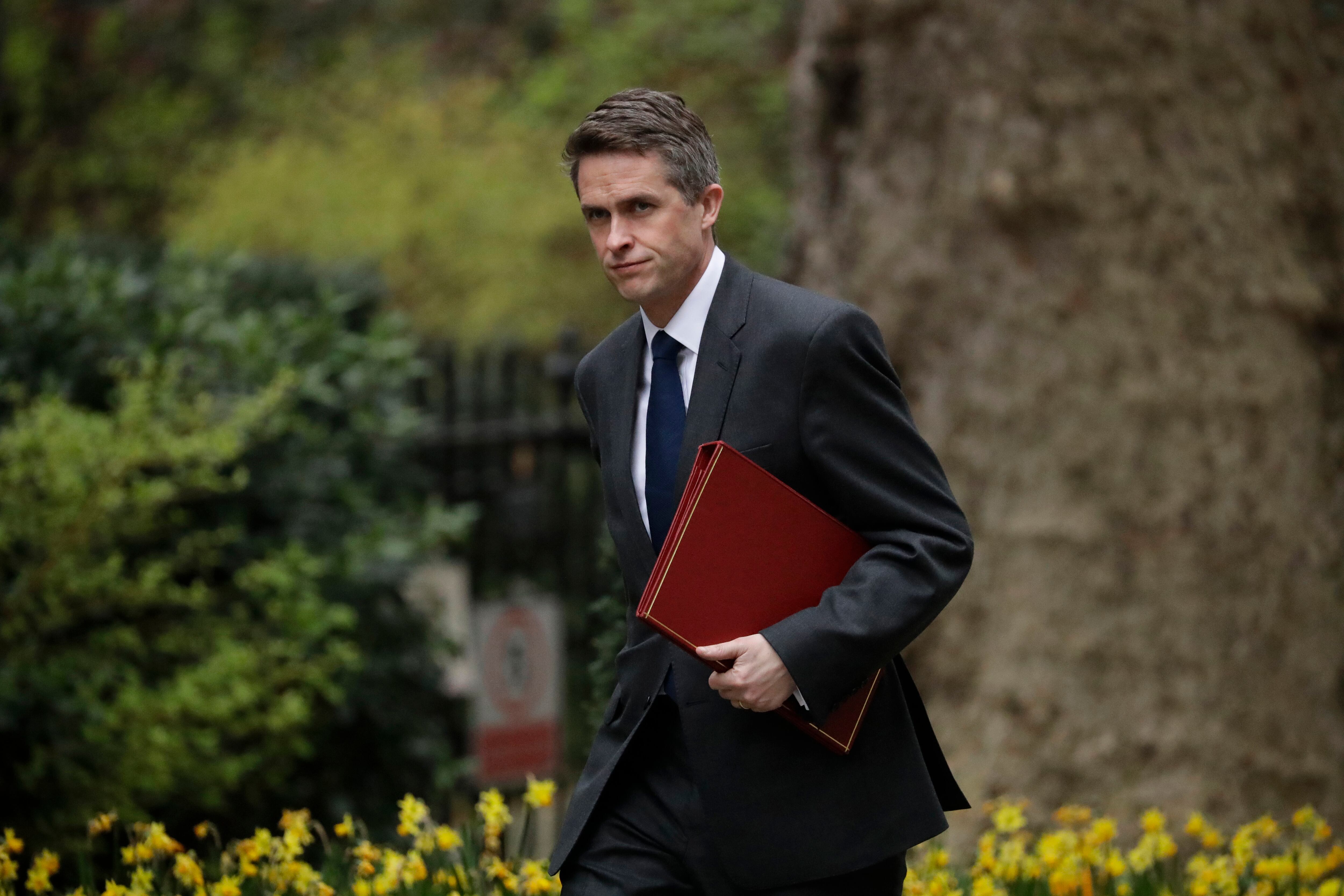LONDON – Foreign Secretary Jeremy Hunt has called for British defense spending to be “decisively” increased over the next decade to help protect the country from possible changes to the global balance of power.
“I believe it is time for the next Strategic Defence and Security Review to ask whether, over the coming decade, we should decisively increase the proportion of GDP we devote to defence," he told the Lord Mayors Banquet in London May 13.
Reinforcing Britain’s role in the world through hard power was critical, he said.
Any additional funds for defense would need to be for new capabilities and not simply plugging gaps in existing plans, he told the audience.
Britain is spending around £38 billion, or $49 billion, on defense this year; just above 2 percent of its annual gross domestic product. That’s a figure that has been steadily declining for years. By the end of the Cold War the figure stood at around 4 percent.
Hunt didn’t spell out in his speech exactly what the defense spending target should be, but the Daily Telegraph newspaper reported this morning that he favors matching the US level of spending at around 4 percent of GDP.
The Parliamentary defence committee and others have consistently argued that British defense spending should be around the 3 percent mark to help transform the military at a time when the defense budget is under huge pressure. That’s a move the Treasury and the Cabin Office have always resisted.
RELATED

A cross-government spending review is currently underway to set the levels of departmental budgets, including defense, for the next three years. Defence officials have been battling for more cash to get the over-committed budget in shape and avoid cutting or delaying programs and capabilities.
The foreign secretary justified his call for more defense spending saying the threat picture had changed since military funding had been so dramatically reduced at the end of the Cold War. America’s dominance was no longer assured, he said.
“We are in a multipolar world without the assurance provided by unquestioned American dominance. We face a more aggressive Russia and a more assertive China. We simply do not know what the balance of power in the world will be in 25 years’ time.
“At the same time the nature of warfare is changing. The conflicts of tomorrow could well start with a cyber attack, then escalate into precision strikes by hypersonic missiles followed by swarms of unmanned aircraft. The new domains of space and cyber and the immense capabilities of artificial intelligence will transform the conduct of warfare,” he said.
Britain needed to be leaders in these areas if it wanted to defend its values, he said.
Hunt also took aim at some of Britain’s European NATO partners over their failure to spend more on defense.
Continuing pressure from the Trump administration has seen some improvements in European spending, but Hunt said: “It is simply not sustainable to expect one NATO ally [the United States] to spend nearly 4 percent of its GDP on defence while the others spend between 1 and 2 percent."
The foreign secretary is one of several potential Conservative leadership contenders positioning themselves to replace embattled Prime Minister Theresa May, who is under increasing pressure to resign over her failure to satisfactorily negotiate Britain’s exit from Europe.
RELATED

The annual speech normally focuses on foreign affairs, but Hunt’s speech read a little like a personal manifesto covering defense, the economy, Brexit and other issues.
Penny Mordaunt, appointed as the British defense secretary last week after the controversial sacking of her predecessor Gavin Williamson over leaking details of a government security review, is another Conservative politician also said to have her eyes on a possible bid to replace May.
What shape the Conservative Party could be in for the likes of Hunt, Mordaunt and others vying to lead remains to be seen after the chaos of the Brexit negotiations.
Opinion polls are recording the Conservatives suffering a collapse of support to just 11 percent of the voters for the upcoming European elections, forced on Britain because the nation failed to leave the European Union on March 29 as planned.
Mordaunt and her top lieutenants are presently a little preoccupied with business more close to home as they run the rule over defence department plans left by Williamson’s departure.
That work is likely to delay a number of announcements previously lined up by Williamson for the coming weeks, including the release of a long-awaited defense space strategy.
Ironically, the outlines of the space strategy review were leaked to the Times newspaper just prior to Williamson’s departure. A formal announcement had been expected to follow soon after the Times story but that has now been postponed.
Andrew Chuter is the United Kingdom correspondent for Defense News.







